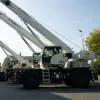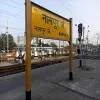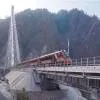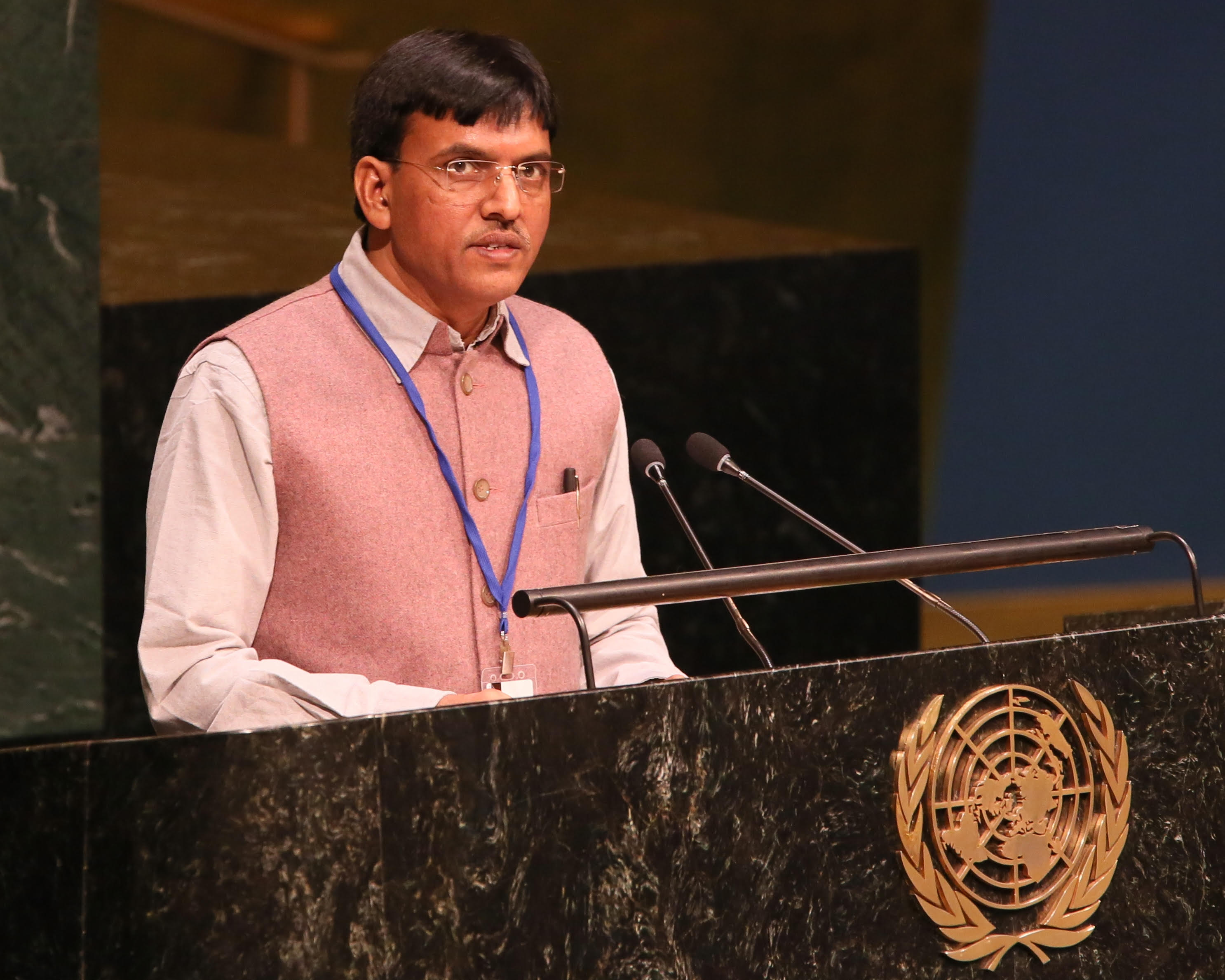
Cabinet approves Paradip port deepening on BOT
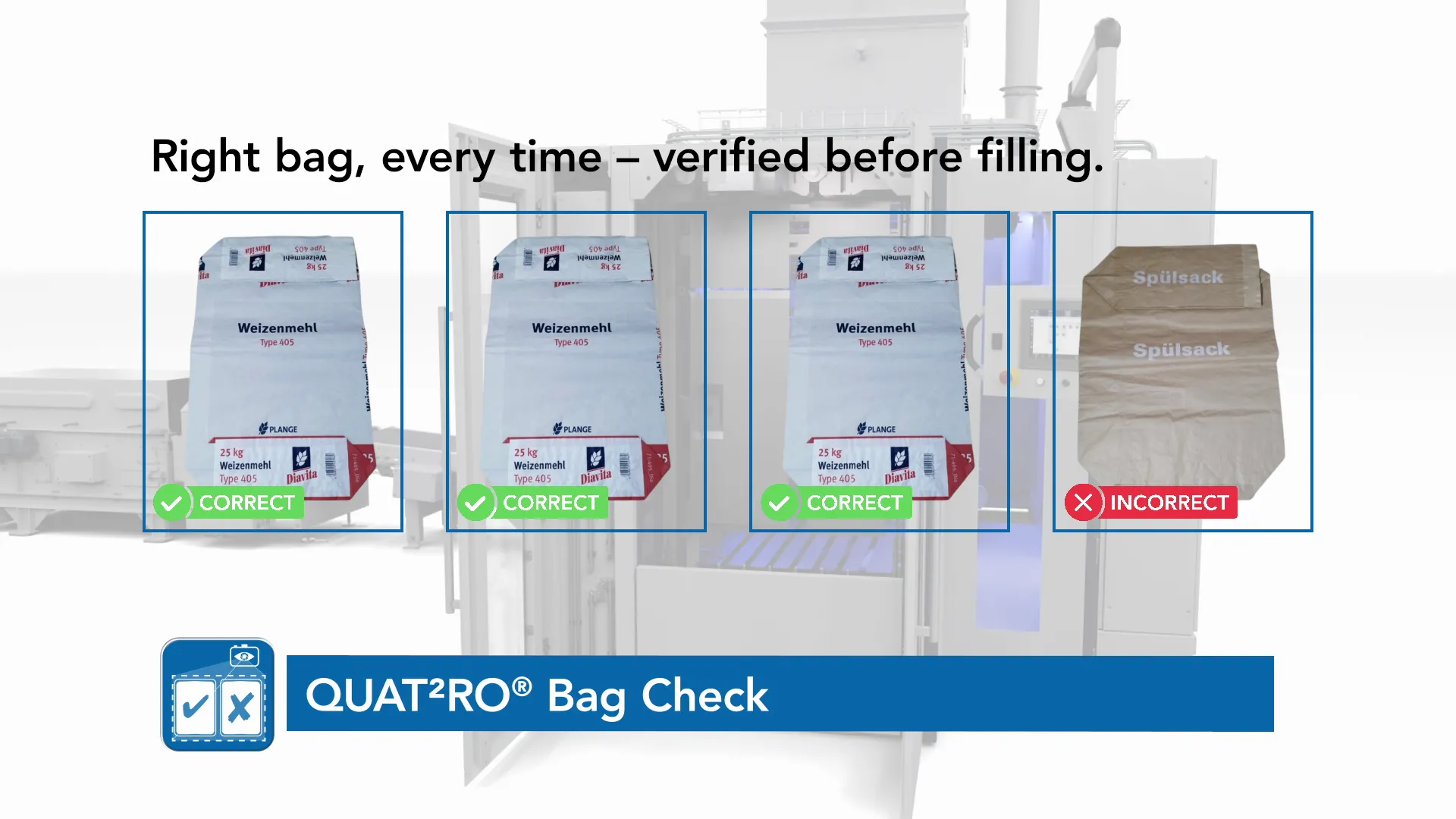
HAVER & BOECKER Expands QUAT2RO AI Suite
"HAVER & BOECKER has expanded its QUAT2RO® AI product suite with the addition of QUAT2RO® BAGcheck and QUAT2RO® SEALcheck, strengthening automation capabilities for industrial packing and filling operations across the cement, building materials, food and chemical sectors.The new AI-powered systems complement existing solutions — QUAT2RO® MATEXcheck and QUAT2RO® VALVEcheck — creating a comprehensive inspection and detection ecosystem for enclosed automated packing lines.Enhancing Accuracy at Both Ends of the LineQUAT2RO® BAGcheck prevents incorrect bag usage by verifying the bag p..

Vedanta Targets 50% Women Hiring in STEM
"New Delhi: Vedanta has announced that women now account for over 35 per cent of its STEM fresher hiring, rising to 45 per cent when leadership and management roles are included. The company is targeting more than 50 per cent women hiring in STEM roles starting this year.The move signals one of the most significant gender shifts in India’s metals, mining, manufacturing and energy sectors — industries historically dominated by men. While women represent nearly 40–45 per cent of India’s STEM graduates, global participation in the STEM workforce remains below 30 per cent, with even lower ..
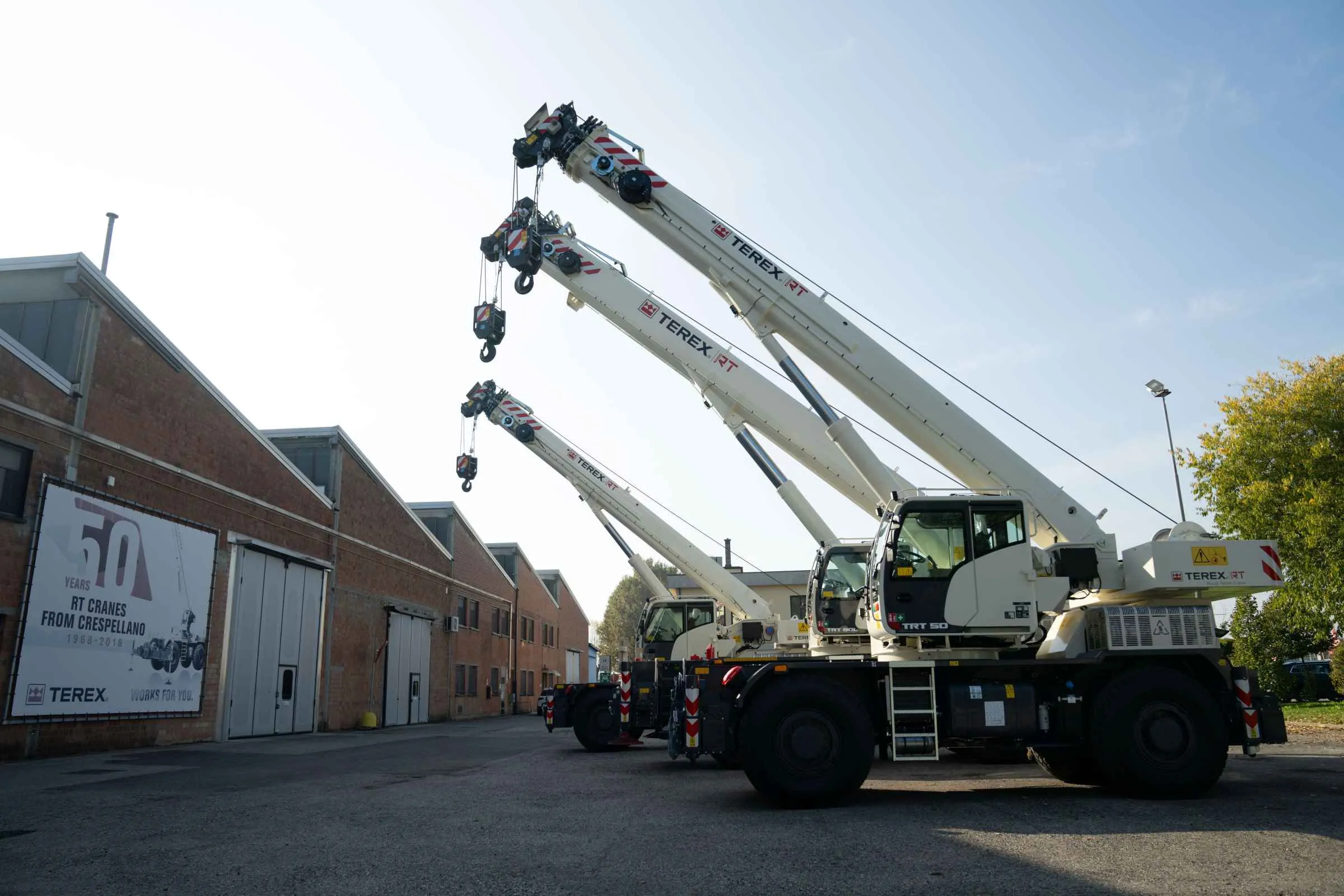
Raimondi to Unveil Terex TRT 55US at CONEXPO 2026
Raimondi Group is set to present the Terex TRT 55US rough terrain crane at CONEXPO-CON/AGG 2026, marking the first product launch under the newly established Raimondi North America operations. Engineered specifically for North American operational, regulatory and environmental requirements, the new model reflects the Group’s strategic expansion in the US market.Developed in Italy by the Terex Rough Terrain engineering team and shaped by customer insights from the American market, the 55-tonne crane builds on Terex’s proven rough terrain platform, now fully integrated into the Raimondi port..







